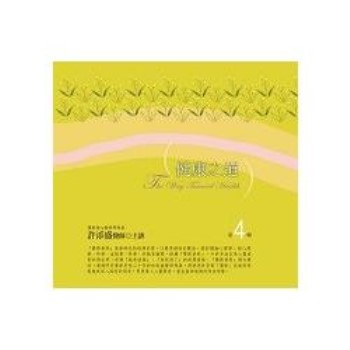For many years Nazi cultural policy has been a taboo subject among historians, but the success of several recent books and exhibitions has opened up an extremely interesting area of research. This collection of essays by German and American scholars studies the official Nazi attitude to theatre, film, architecture, art, and literature and shows how rapidly the vibrant and diverse culture of the Weimar period was torn to pieces in public campaigns of vilification and persecution, to be replaced by a notionally 'wholesome' official culture. The important part these campaigns played in the establishment of Nazi rule - and the high priority given to them by Hitler and his closest associates - make these essays essential reading for an understanding of the nature of the Nazi state.
| FindBook |
有 1 項符合
National Socialist Cultural Policy的圖書 |
 |
National Socialist Cultural Policy 作者:Cuomo 出版社:St. Martin’s Press 出版日期:1995-10-12 語言:英文 規格:精裝 / 264頁 / 23.4 x 15.5 x 2.3 cm / 普通級/ 初版 |
| 圖書館借閱 |
| 國家圖書館 | 全國圖書書目資訊網 | 國立公共資訊圖書館 | 電子書服務平台 | MetaCat 跨館整合查詢 |
| 臺北市立圖書館 | 新北市立圖書館 | 基隆市公共圖書館 | 桃園市立圖書館 | 新竹縣公共圖書館 |
| 苗栗縣立圖書館 | 臺中市立圖書館 | 彰化縣公共圖書館 | 南投縣文化局 | 雲林縣公共圖書館 |
| 嘉義縣圖書館 | 臺南市立圖書館 | 高雄市立圖書館 | 屏東縣公共圖書館 | 宜蘭縣公共圖書館 |
| 花蓮縣文化局 | 臺東縣文化處 |
|
|
圖書介紹 - 資料來源:博客來 評分:
圖書名稱:National Socialist Cultural Policy
|










